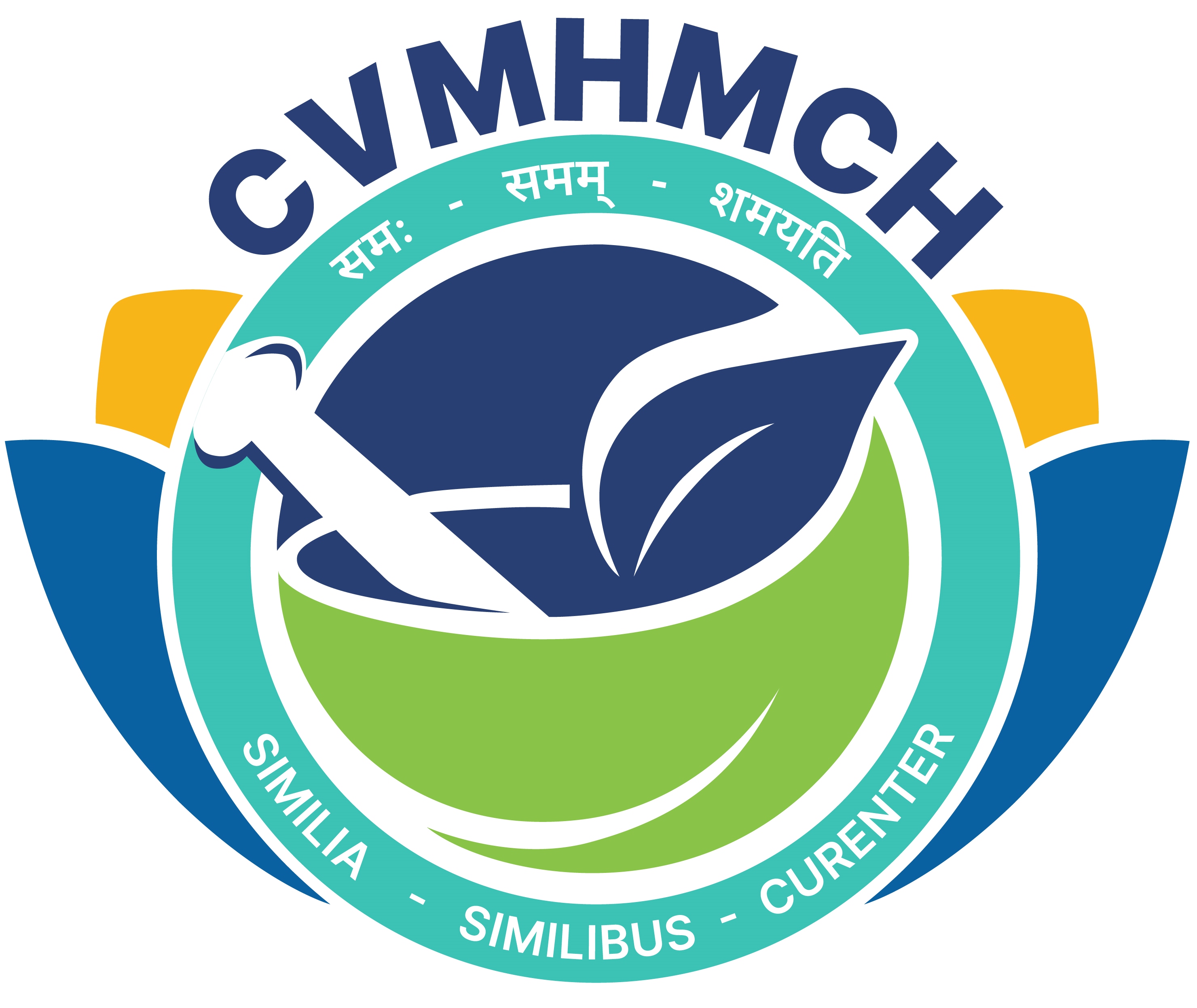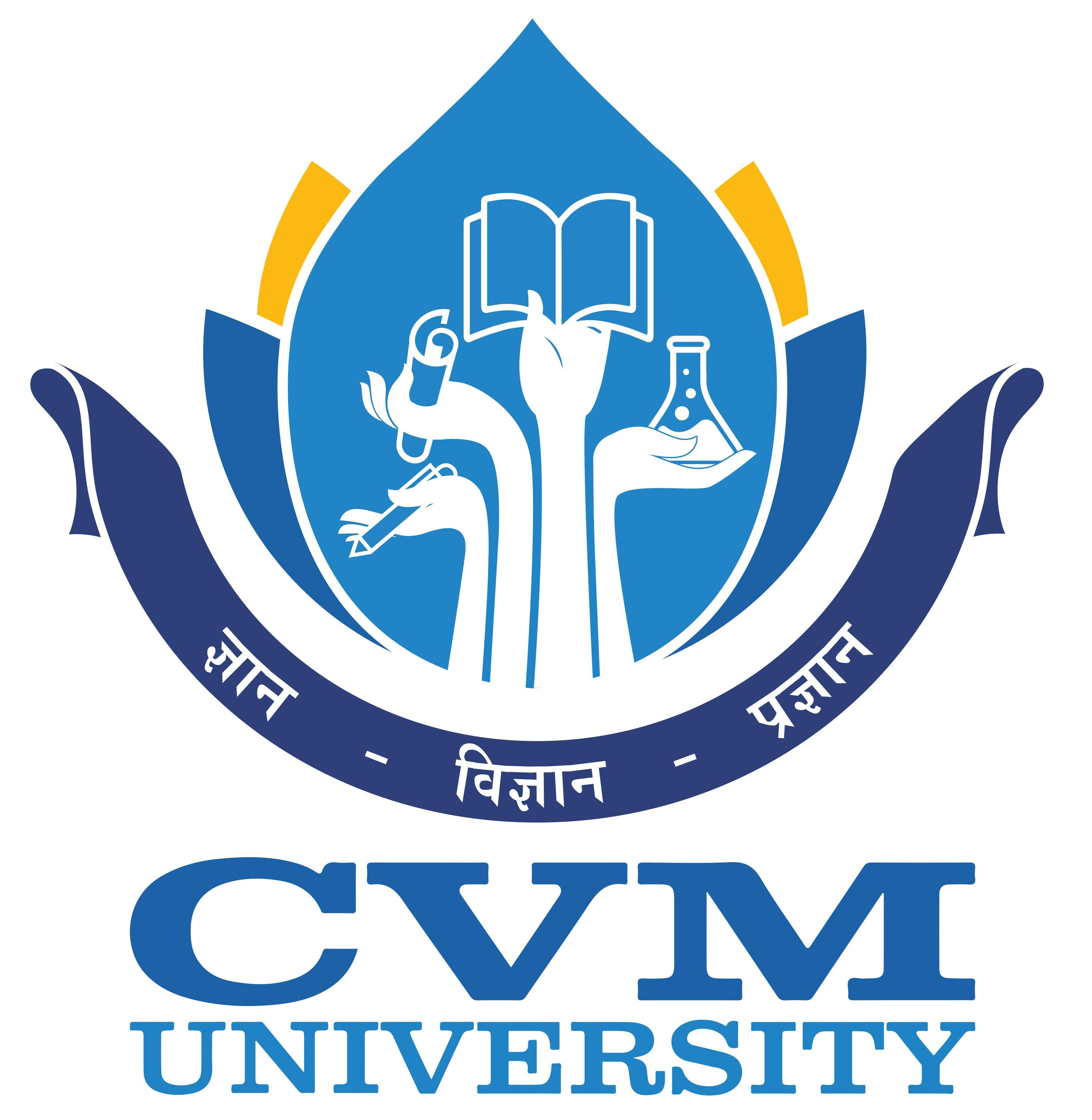
CVM Homoeopathic
Medical College and Hospital



PROGRAMME OUTCOMES: At the end of the course of the undergraduate studies, the homoeopathic physician must
1) Develop the knowledge, skills, abilities and confidence as a primary care homoeopathic practitioner to attend to the health needs of the community in a holistic manner.
2) Correctly assess and clinically diagnose common clinical conditions prevalent in the community from time to time.
3) Identify and incorporate the socio-demographic, psychological, cultural, environmental & economic factors affecting health and disease in clinical work.
4) Recognize the scope and limitation of homoeopathy in order to apply Homoeopathic principles for curative, prophylactic, promotive, palliative, and rehabilitative primary health care for the benefit of the individual and community.
5) Be willing and able to practice homoeopathy as per medical ethics and professionalism.
6) Discern the scope and relevance of other systems of medical practice for rational use of cross referrals and role of life saving measures to address clinical emergencies.
7) Develop the capacity for critical thinking, self-reflection and a research orientation as required for developing evidence based homoeopathic practice.
8) Develop an aptitude for lifelong learning to be able to meet the changing demands of clinical practice.
9) Develop the necessary communication skills and enabling attitudes to work as a responsible team member in various healthcare settings and contribute towards the larger goals of national health policies such as school health, community health and environmental conservation.